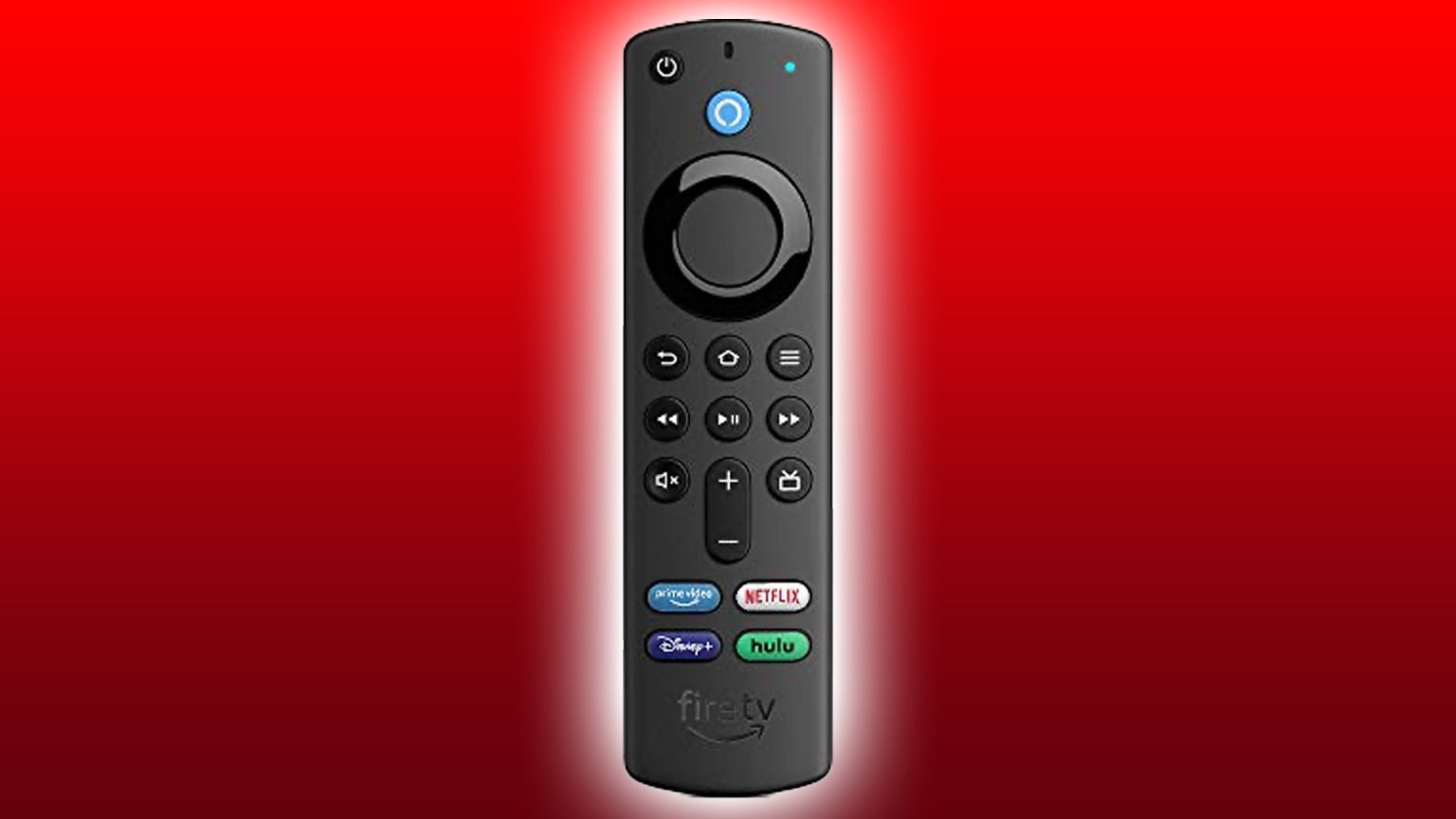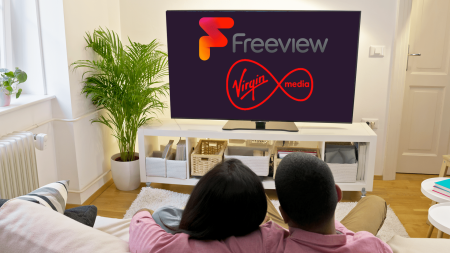The rise of live streaming events on platforms like Netflix necessitates a crucial reminder about UK TV Licensing regulations. With the increasing popularity of smart TVs and streaming devices like Fire Sticks, access to on-demand services such as Netflix and Amazon Prime has become commonplace. However, the lines blur when these platforms venture into live broadcasting. Netflix, for example, is expanding its live content offerings, starting with WWE wrestling events. This shift underscores the importance of understanding that a TV Licence is required not only for watching traditional live television broadcasts but also for any form of live streaming, regardless of the platform. Failing to comply can result in a hefty £1,000 fine. While enjoying on-demand content on Netflix or other similar services does not necessitate a TV Licence (excluding BBC iPlayer), viewing live broadcasts, even on these platforms, falls under the licensing requirement.
The core principle of the TV Licensing regulations centers around accessing live broadcasts. Whether viewed on a traditional television set or through an online streaming platform, a TV Licence is mandatory for any live content consumption. This includes broadcasts from any channel, not just BBC programming. Furthermore, recording live broadcasts for later viewing also falls under the licensing requirement. The misconception that a TV Licence is only necessary for owning a television or specifically watching BBC channels is a common misunderstanding. Simply owning a television set that is not connected to an aerial or other live broadcasting equipment does not necessitate a licence. For instance, using a TV solely for gaming purposes with a console like a PS5 does not require a licence. However, the moment it’s used to access a live broadcast, the licensing requirement comes into effect.
The cost of a TV Licence currently stands at £169.50. This fee covers access to live broadcasts across various platforms and the ability to record live content for later viewing. It’s essential to remember that the licensing requirement applies to any form of live broadcasting, irrespective of the channel or platform used for access. With Netflix’s expansion into live events, including WWE wrestling and boxing matches, viewers must ensure they are compliant with the TV Licensing regulations. This expansion signifies a shift in the streaming landscape, blurring the lines between traditional television broadcasting and online streaming platforms. The onus is on viewers to understand and adhere to the licensing requirements to avoid potential penalties.
The emphasis on live broadcasting as the trigger for the TV Licence requirement cannot be overstated. On-demand content is generally exempt, with the notable exception of BBC iPlayer, which requires a licence regardless of whether the content is live or on-demand. The key distinction lies in the real-time nature of the broadcast. If the content is being transmitted live, a TV Licence is required, irrespective of the viewing platform. This clarity is crucial in the evolving landscape of online streaming, where platforms like Netflix are increasingly incorporating live content into their offerings. Viewers need to be aware of this distinction to avoid inadvertently breaching the licensing regulations.
Netflix’s growing foray into live events, particularly with the WWE agreement, marks a significant development in the streaming industry. With multiple WWE shows scheduled each week, the volume of live content on the platform is set to increase substantially. This shift reinforces the importance of understanding the TV Licensing rules and ensuring compliance. The partnership with WWE signals a broader trend of streaming services incorporating live broadcasts into their programming, further blurring the lines between traditional television and online streaming. Viewers must adapt to this changing landscape and remain informed about the licensing requirements associated with live content.
In conclusion, the increasing prevalence of live streaming events, particularly on platforms like Netflix, necessitates a clear understanding of the UK TV Licensing regulations. While on-demand content generally does not require a licence (except for BBC iPlayer), any form of live broadcasting, regardless of the platform, necessitates a valid TV Licence. This applies to both traditional television broadcasts and live streams accessed through online platforms. Failing to comply can result in a significant financial penalty. Therefore, viewers must ensure they are aware of these regulations and remain compliant as the streaming landscape continues to evolve and incorporate more live content. The key takeaway is that the focus is on live broadcasting, not the platform used to access it. If you are watching live, you need a licence.











